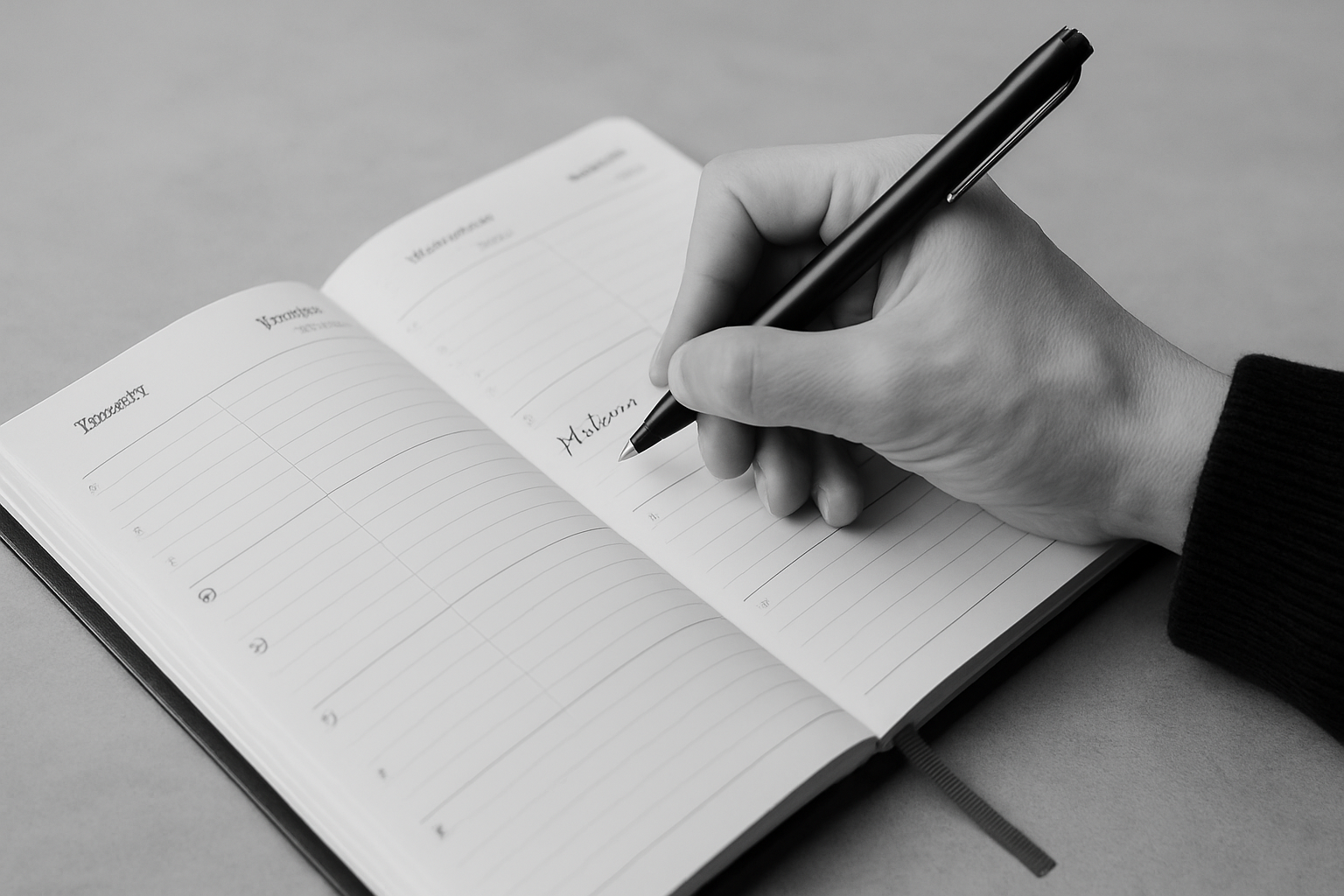🚫 “Although He Was Late, But He Still Passed”?
Why Only One Word Is Right — and How TOEIC Tests You
TOEIC loves to test the words that connect two ideas. These words show contrast, cause, result, or time order.
The most common trap? Using two in the same sentence — or picking the wrong one for the meaning.
1️⃣ The “Double Connection” Trap
Wrong:
Although he was late, but he still finished the project on time.
It sounds fine in conversation, but TOEIC will mark it wrong.
Why? “Although” and “but” both mean contrast. You only need one.
✅ Correct:
Although he was late, he still finished the project on time.
He was late, but he still finished the project on time.
2️⃣ TOEIC Style — Pick One Connector
Question:
_____ he was tired, he stayed late to help the team.
(A) Because
(B) Although
(C) Therefore
(D) So that
✅ Answer: (B) Although — The two ideas contrast: tired vs stayed late.
3️⃣ Think “Meaning First,” Not “Word Shape”
Forget the terms. Ask: What’s the relationship between the two ideas?
Cause → Result
Use: so, therefore, as a result
Example: She worked hard. Therefore, she got a promotion.
Contrast (Opposite Direction)
Use: but, although, even though
Example: He was tired, but he stayed to help.
Time Order
Use: then, afterwards, while
Example: I studied in the morning. Then I took a break.
Reason for Something
Use: because, since, as
Example: We understood the rules because he explained them clearly.
4️⃣ More TOEIC-Style Questions
Q1. We left early, _____ the heavy rain.
(A) because
(B) although
(C) so
(D) therefore
✅ Answer: (A) because — Rain is the reason we left.
Q2. She was nervous, _____ she gave a great presentation.
(A) because
(B) although
(C) so
(D) therefore
✅ Answer: (B) although — Nervous vs great presentation = contrast.
Q3. The meeting was delayed. _____, the report was still finished on time.
(A) Therefore
(B) Although
(C) Because
(D) While
✅ Answer: (A) Therefore — Delay caused no harm; result still positive.
Q4. _____ he explained the process, we understood it.
(A) Because
(B) Although
(C) Therefore
(D) So
✅ Answer: (A) Because — His explanation is the reason we understood.
5️⃣ Common TOEIC Mistakes
❌ Using two contrast words together:
Wrong: Although she was sick, but she came to work.
✅ Fix: Although she was sick, she came to work.
❌ Using a result word for contrast:
Wrong: He didn’t study. Therefore, he passed the test.
✅ Fix: He didn’t study. But he passed the test.
❌ Adding “so” after “because”:
Wrong: Because I was hungry, so I ate early.
✅ Fix: Because I was hungry, I ate early.
✅ Or: I was hungry, so I ate early.
📌 Strategy / Takeaway
Read the sentence without the blank.
Ask: Do these ideas go together (cause/result) or push against each other (contrast)?
Pick one connector that matches the meaning.
Never double up.
Final Word
TOEIC isn’t testing rare vocabulary here — it’s testing your logic. See the link between the two ideas first, and the right answer will be obvious.
For more strategies and resources to master TOEIC connector word traps, visit the English Library Collection and start locking in connector confidence today.

